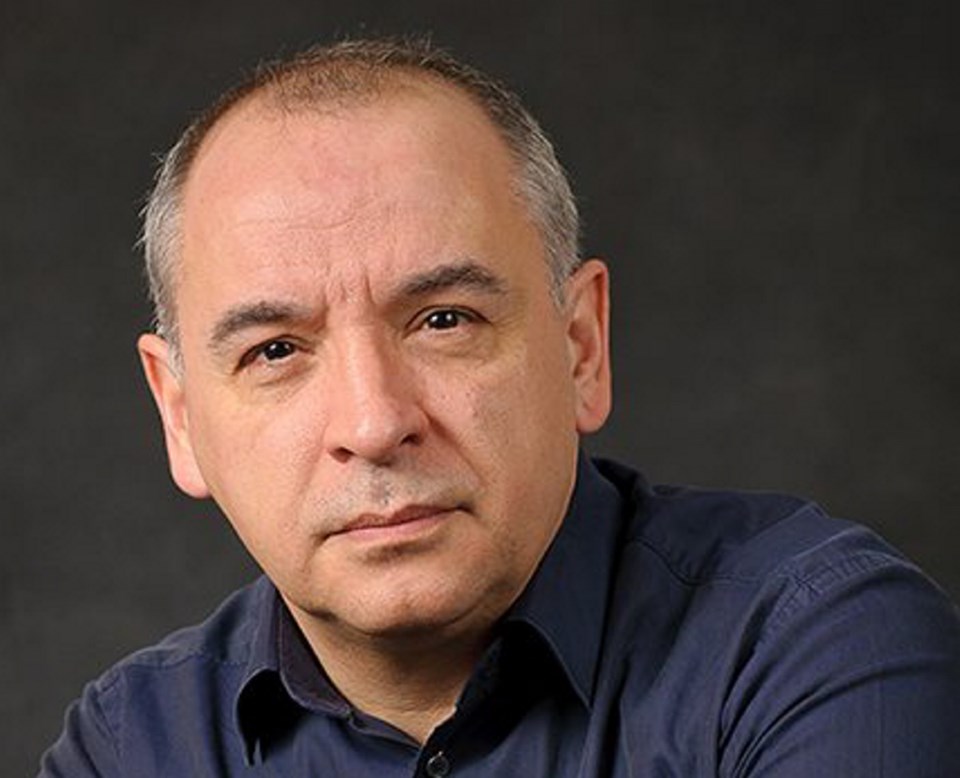Dear Tony: We live in a townhouse complex in Langley. There are 38 units in our development and we are oriented in duplexes, so 19 buildings.
Each of our units was constructed with a heat pump that is located between each of the duplexes, beside the garages. Our building is now at an age where the heat pumps are due for maintenance or replacement and there is significant division over who pays.
The council has insisted that each unit is responsible for its own heat pump, as it only serves that unit. The strata corporation has obtained an opinion that advises that each owner is responsible for his or her heat pump, because it is located on limited common property for the sole use of each unit.
Many elderly owners, with the support of our property manager, insist the strata is responsible for the heat pumps, as they were on the outside of the units. Who’s correct?
Dorothy G.
When it comes to air conditioners — where they are located, how the location is designated, who has the use of the component, how they were installed, who installed them, when they were installed and the bylaws of the strata corporation — there is a potential for any possible answer.
In your situation, gather all the documents that will help determine the outcome. You will require a copy of the Strata Property Act, your registered strata plan and any registered bylaw amendments your strata corporation has adopted and filed in the Land Title Registry.
On your registered strata plan, the heat-pump locations are shown on land that is Limited Common Property assigned to each strata lot. It is important to understand that this designation does not necessarily make the air conditioners the responsibility of each owner, as the air conditioner itself is not defined on the plan, only the parcel of land it is sitting on.
Our next step is to look at your bylaws. Your bylaws, similar to the Standard Bylaws of the Act, only require owners to maintain and repair limited common property for events that occur once a year or more frequently — in simple terms, cleaning the site and snow removal.
Your bylaws require that the strata corporation maintain and repair limited common property for all those items that occur less than once a year. This would include the repair and replacement of the heat pumps.
Your strata manager and owners were essentially correct.
One of the major benefits of living in multi-family developments is the savings from collective purchasing. If each owner is required to call in a service technician for maintenance or repair, they pay the cost of the call and individual servicing.
It is much more economical for the strata corporation to negotiate a single service agreement with a local heating company to routinely inspect and maintain the heat pumps and negotiate renewals.
That will ensure the systems operate dependably and more quietly and ultimately consume less energy to function. The bulk savings is a cost benefit to all strata lot owners, and the asset of the strata corporation is well-maintained.
In a situation where the air conditioners were installed by an owner, with the permission of the strata corporation, as an alteration to a strata lot, the strata corporation would also want copies of any alteration agreements and a history of how the air conditioners might have been installed and maintained.
Air conditioners incorrectly installed into window or wall openings are often the source of water ingress and pest infestations. These installations also become the focus of disputes when owners sell their strata lots, as there is often confusion over the responsibility of subsequent owners.
Whenever a strata community is addressing these types of disputes, start with the information. No one knows the answer until you know all the facts.
Tony Gioventu is executive director of the Condominium Home Owners Association.



